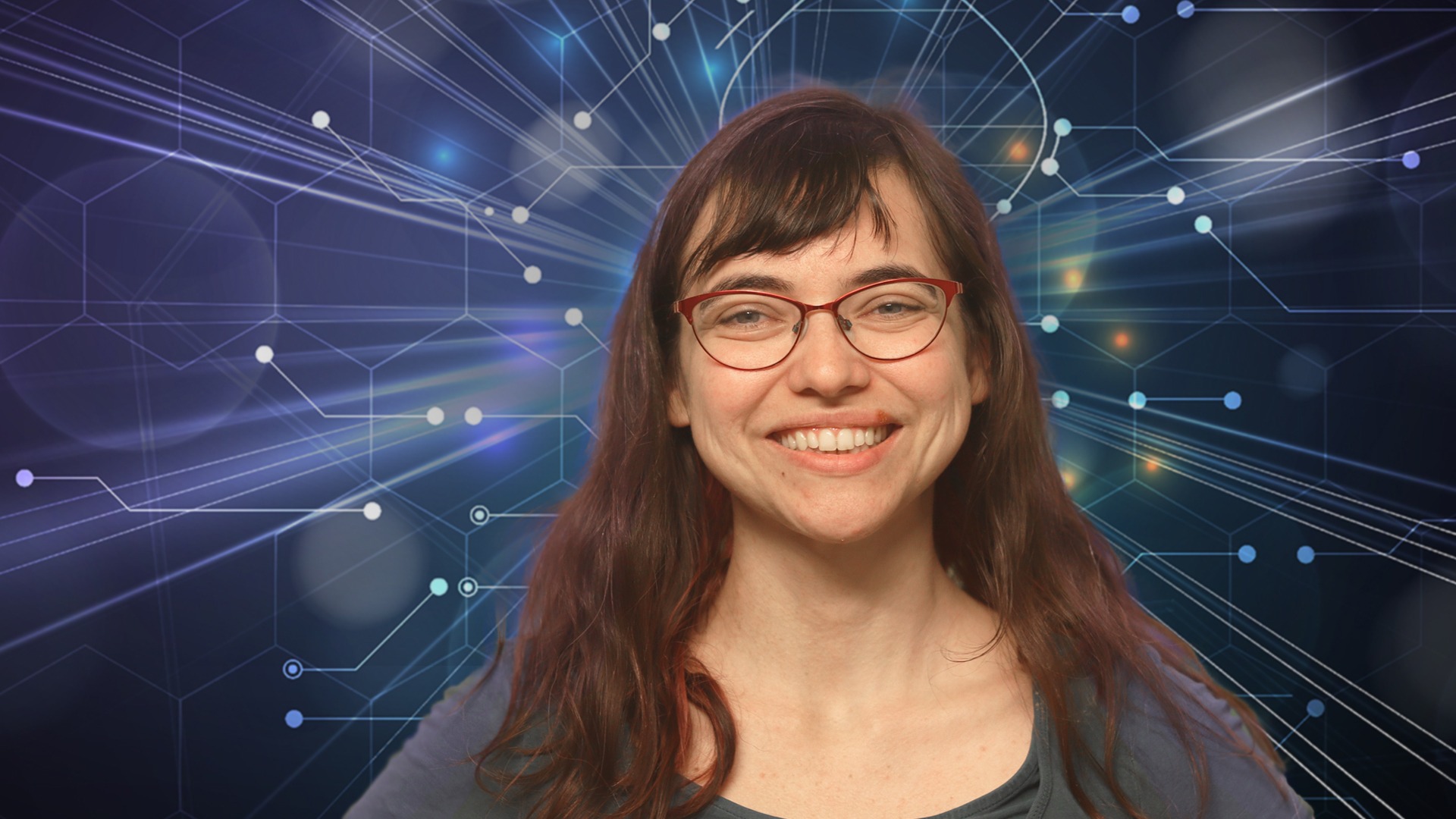New DDLS Fellow: Luisa Hugerth
The recruitment of Fellows to the SciLifeLab & Wallenberg National Program for Data-Driven Life Science (DDLS) continues during 2023. Our newest DDLS Fellow, Luisa Hugerth (Uppsala University), who will join the Epidemiology and biology of infection research area, is featured in our latest Q&A-style article.
Luisa was born in Brazil, but moved to Sweden in 2010, when she started her masters in biomedicine at Karolinska Institutet. She then received her PhD in biotech at KTH, studying the microbiome of the Baltic Sea. This was followed by a return to medically relevant microbes, with a long postdoc at Karolinska Institutet, in the Centre for Translational Microbiome Research.
How do you think your expertise can contribute to the program?
Microbiome research touches onto all pillars of the program. I’m an epidemiology and biology of infection fellow, but really I’m studying ecology and evolution applied to precision medicine, and all of this only makes sense under the light of cell and molecular biology. Every time I’ve had a chance to meet with other fellows we very quickly find synergy areas and start planning new studies we’d like to do.
Shortly describe your research in an easy to understand way.
I study the human microbiome, which is the total collection of bacteria, viruses and fungi that live in all of our body surfaces – including the inside surfaces, like the lungs and guts. These microbes interact with each other in very complex ways, so one important task is using tools from ecology to infer what they’re doing to each other, despite not being able to recreate these conditions in a lab or even having names for all of these microbes. At the same time, the bottom line is to understand the interactions between us, the host, and our microbes. We affect them with our diet, our hygiene habits, our medications and basically everything we do. But at the same time, they affect our immune response, our resistance to pathogens, our response to drugs, our nutrition and ultimately all of our health. The microbes inside us carry 99 times more genes, all together, than we do in our genome, and we have a chance to change which genes we want to carry in our body, by modulating the microbiome.
How do you think the program and interactions with the other DDLS-Fellows will benefit you?
The program has given me a chance to set up my own lab and recruit students, which is great by itself, but has also put me in touch with an entirely new network of collaborations and skills – inside and outside of the program.
Name one thing that people generally do not know about you.
I go around doing musical parodies in my head almost non-stop. I have some of my best ones on Youtube, but I’m always open to bringing new ones to life!
Where do you see yourself in five years regarding the DDLS aspect?
My previous work has been very focused on microbiome alone. To bring it to the next level, I want to combine it with more of the host-side response, such as metabolomics and systems immunology. Collaborating with other fellows is one great way to achieve this. I’m also putting more emphasis into discovering new microbes and new gene classes, rather than just correlating known ones to health outcomes.
In one word, describe how you feel about becoming a DDLS-Fellow.
Overwhelmed – but in a good way.





